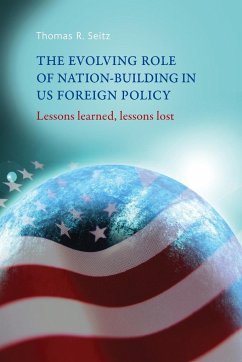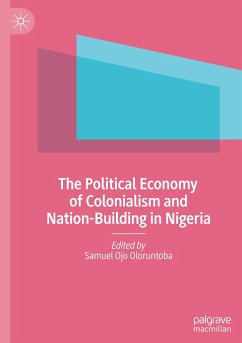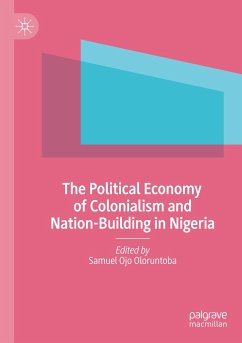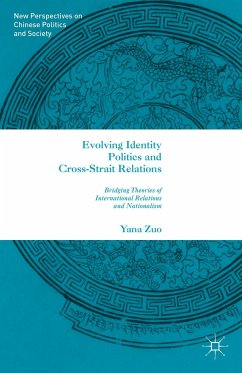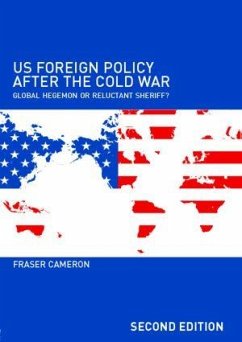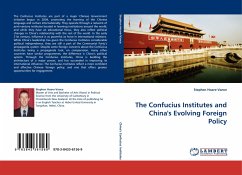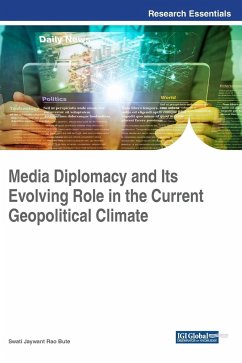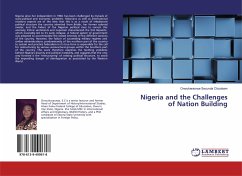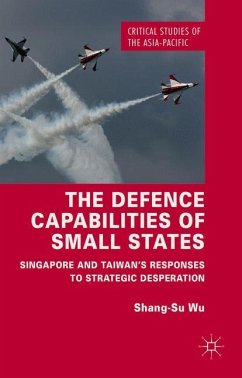
The Evolving Role of Nation-Building in Us Foreign Policy
Lessons Learned, Lessons Lost
Versandkostenfrei!
Versandfertig in über 4 Wochen
128,99 €
inkl. MwSt.
Weitere Ausgaben:

PAYBACK Punkte
64 °P sammeln!
How and why did the United States get involved in nation-building overseas, and how have these policies evolved? How has Washington understood the relationship between development abroad and security at home, and how has this translated into policy? What is the relationship between security, order and development in nation-building and stabilisation efforts? This book explores the processes through which nation-building approaches originated and developed over the last seven decades as well as the concepts and motivations that shaped them. Weaving together International Relations theory and a ...
How and why did the United States get involved in nation-building overseas, and how have these policies evolved? How has Washington understood the relationship between development abroad and security at home, and how has this translated into policy? What is the relationship between security, order and development in nation-building and stabilisation efforts? This book explores the processes through which nation-building approaches originated and developed over the last seven decades as well as the concepts and motivations that shaped them. Weaving together International Relations theory and a rich history drawing mainly on declassified documents, interviews and other primary sources, this book contributes to theoretical discussions of nation-building while offering a critique of Realist and Critical Security School analyses of US policy in the developing world. Ultimately, the book illuminates lessons relevant to today's nation-building, crisis management, stability, 'good governance' and reconstruction missions.




